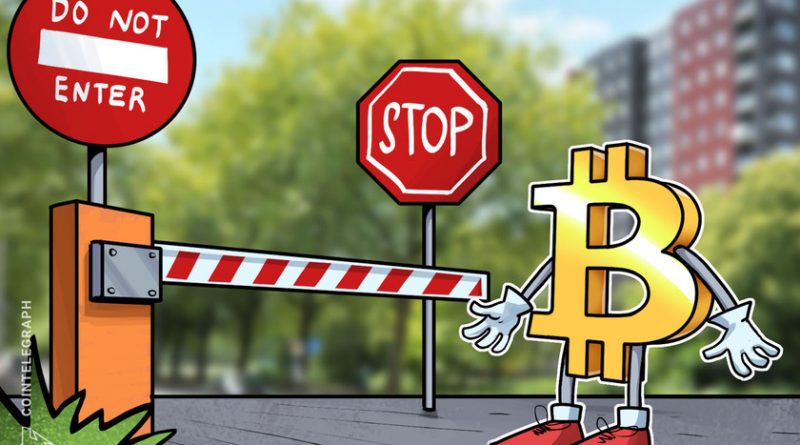Former British MP says central banks should ban Bitcoin
Nick Boles, who served as a Member of Parliament from 2010 to 2019, believes the world would be better off without Bitcoin.
Nick Boles, a former Member of Parliament for Grantham and Stamford from 2010 to 2019, took to Twitter Tuesday to criticize Bitcoin over its negative environmental impact.
He retweeted a post from BBC correspondent Rory Cellan-Jones showing that Bitcoin has overtaken Argentina in annual energy consumption. The data was compiled by the University of Cambridge and presented in the Cambridge Bitcoin Electricity Consumption Index.
Boles commented:
“Central banks should ban the trading of it, and force anyone who holds Bitcoin and wants to use it in any transaction, to exchange it for another currency that does not have such a damaging side effect.”
“There are other cyber currencies that do no harm in the real world at all,” he added, likely in reference to more environmentally-friendly proof-of-stake-networks.
Central banks should ban the trading of it, and force anyone who holds Bitcoin and wants to use it in any transaction, to exchange it for another currency that does not have such a damaging side effect. There are other cyber currencies that do no harm in the real world at all. https://t.co/wn6CqzzZZT
— Nick Boles (@NickBoles) February 9, 2021
The surge in Bitcoin’s energy consumption has sparked an internal debate within the crypto industry about how to offset the ecological impact of mining. The flagship digital currency is now estimated to consume 77.9 TWh per year, with annual greenhouse gas emissions from mining reportedly reaching levels comparable to the whole of New Zealand.
Boles doesn’t appear to have much commentary on Bitcoin aside from his recent tweet. Currently, there are no strict regulations on Bitcoin in the U.K., though it is commonly treated as a foreign currency for most purposes.
A United Kingdom lawmaker who quit the Conservative Party in 2019 over Brexit believes governments should ban the use of Bitcoin (BTC), offering further evidence that the digital currency still has its fair share of detractors.




